Over 140 mobilizing partners registered so far for Mass Poor People’s and Low-Wage Workers’ Assembly and Moral March on Washington and to the Polls on June 18th
Martha Waggoner | [email protected]
As Bishop William J. Barber II spoke at Founder’s Day at Chapman University, he went through the grotesque numbers about poverty in the U.S.: 140 million poor and low-income people before COVID; 52 million people working for less than $15 an hour; 250,000 people dying every year from poverty and inequality; and a pandemic that has been up to five times deadlier in poorer counties than wealthier ones.
But he also reviewed other figures, such as the study from the Poor People’s Campaign: A National Call for Moral Revival showing that if poor and low-income voters voted at the same rate as higher-income voters, their participation could match or exceed the margins of victory in 15 states from 2016. And a follow-up study showing that these voters accounted for almost 1/3 of the votes in the 2020 presidential election and even higher percentages in key battleground states
And then there’s this figure: the over 140 organizations, campaigns, coalitions, denominations, unions (and more) that so far have committed to organizing a delegation of their people to Washington, D.C., for the Mass Poor People’s and Low-Wage Workers’ Assembly and Moral March on Washington and to the Polls on June 18th.
“For too long we have believed the propaganda that tells us the suffering of America’s poor is either their fault or the inevitable cost of economic growth. We have refused to see it. The reality of 140 million poor and low-income Americans is breaking through the lies that have hidden poverty in America. Poor and low-income people and low-wage workers are determined to stand together on Pennsylvania Avenue on June 18th and make the nation see their pain,” Bishop Barber, co-chair of the PPC:NCMR and president and senior lecturer of Repairers of the Breach, said in prepared remarks Saturday.
The 140-plus mobilizing partners include the AFL-CIO, the American Friends Service Committee, Black Voters Matter, the Climate Reality Project, CODEPINK, the Economic Policy Institute, The Episcopal Church, Greenpeace, the Institute for Policy Studies, the Islamic Society of North America, MoveOn, the National Council of Churches, the National Council of Jewish Women, the National Pan-Hellenic Council, the Religious Action Center of Reform Judaism, the Samuel DeWitt Proctor Conference, the Service Employees International Union, Sojourners, the Transformative Justice Coalition and the Unitarian Universalist Side with Love Campaign.
Who’s to blame for covering up the poverty that the nation has refused to face for the past 40 years – what Bishop Barber described as “the basic moral contradiction”?
“Republicans saying poverty is just personal failures. And Democrats who too often talk about the working class and those trying to make it into the middle class but refuse to talk expressly about poverty,” said Bishop Barber, minister at Greenleaf Christian Church (Disciples of Christ) in Goldsboro, North Carolina, and a consecrated bishop under the Colleges of Bishops in the Fellowship of Affirming Ministries. “Our debates are locked in struggles around and about trickle down concepts of neoliberalism, middle-class considerations. Or how much does it cost to address rather than how much does it cost not to?”
Bishop Barber received an honorary doctorate of humane letters on behalf of the movement from Chapman, a church-related school in Orange, California, with connections to the Christian Church (Disciples of Christ) and the United Church of Christ. Along with Bishop Barber, the other national co-chair of the PPC:NCMR is Rev. Dr. Liz Theoharis, director of the Kairos Center for Religions, Rights and Social Justice. Repairers of the Breach and Kairos are the co-sponsors of the PPC:NCMR and have been organizing for June 18th for over a year.
On June 18th, “Impacted people, religious leaders, advocates, economists, and lawyers will say we won’t be unseen or unheard anymore,” said Bishop Barber, who addressed the audience remotely. “If this democracy is going to survive and be true to what it says on paper, we must hear them.
“And when we do, we will know that we must act to reconstruct a society where everyone can thrive. Through stories and faces, tears, righteous videos, policy demands and data, this Poor People’s Assembly and Moral March on Washington aims to expose the damage and deaths caused by interlocking injustices that do not have to exist. If Americans can see the reality of poverty, many will demand a response that shifts the moral narrative and changes the conversation about what is possible. Now is the time for a moral movement. The soul of our democracy depends on it.”
